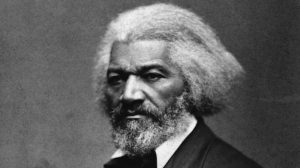


For decades conservatives and libertarians have pondered ways to replace the defective American welfare state. One of the boldest and most controversial ideas is to simply give everyone a basic guaranteed e. Instead a variety of ad hoc welfare programs, people would simply be given cash.
Matt Zwolinski outlines an example proposal that includes an unconditional cash grant — no strings attached. Just give people cash and leave them “free to spend it, or save it, in whatever way they choose.” Zwolinski outlines a number of benefits we could gain by replacing welfare programs with a guaranteed e.
But Jim Manzi points out a significant drawback to the proposal: it would reduce the incentive to work.
It is fairly extraordinary to claim that the government could guarantee every adult in America an e even if they did zero work of any kind, and that somehow this would not reduce work effort. Zwolinksi should be able to provide strong evidence for such a claim. But we have scientific gold standard evidence that runs exactly the other way. A series of randomized experiments offered a version of Zwolinski’s proposal between 1968 and 1980. These tested a wide variety of program variants among the urban and rural poor, in better and worse macroeconomic periods, and in geographies from New Jersey to Seattle. They consistently found that the tested programsreducethenumberof hours worked versus the existing welfare system, and the tested levels of progressivity of implicit tax rates did not get around thisproblembyencouragingwork, as Zwolinski’s theoretical argument asserts they should.
There was a further series of more than 30 randomized experiments conducted around the time of the welfare debates of the 1990s. These tested many ideas for improving welfare. What emerged from them was a clear picture: work requirements, and only work requirements, could be shown experimentally to get peopleoff welfareandinto jobsin a humane fashion. These experiments were an important input into the decision to make work requirements a central tenet of the new welfare regime when the welfare system was converted from AFDC to TANF in 1996.
Read more . . .









